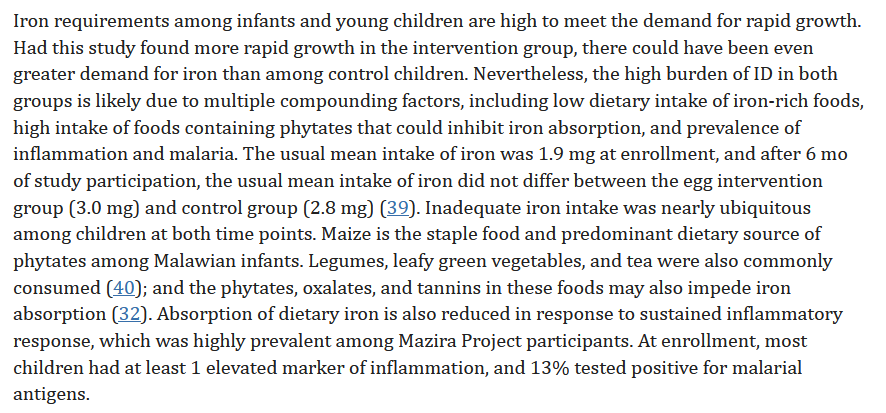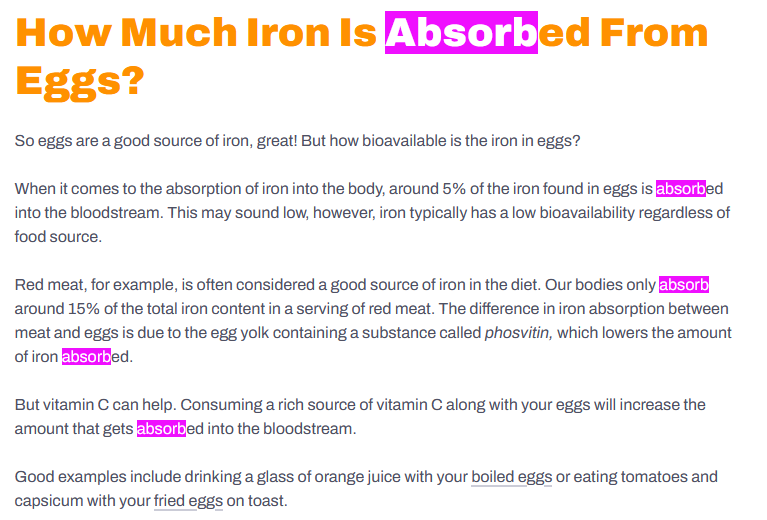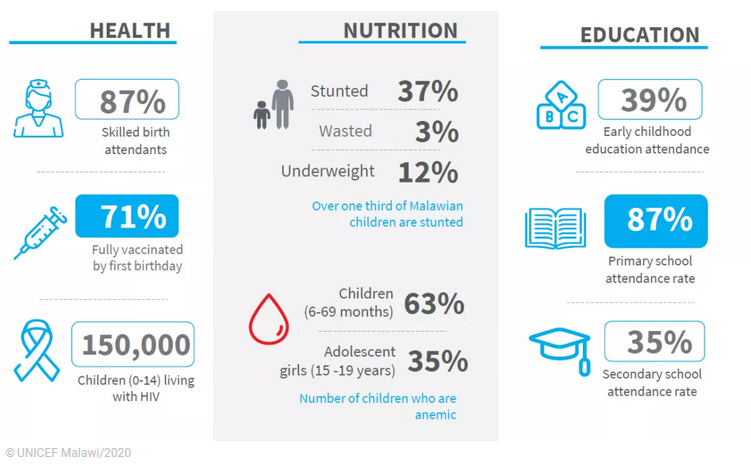I have been eating a duck egg everyday which has quite a bit of iron. However a google search of eggs and iron bioavailability comes up with results that you don’t absorb much of the iron in eggs due to phosvitin. A duck egg has 2.7 mg, that’s similar to a serving of beef. This is disappointing as eggs are easier for me to digest then red meat.
Eggs not a good source of iron?
Well if that’s true and I am skeptical of most health and nutrition articles, it’s no real big deal. There is a ton of great nutrition in eggs so I definitely wouldn’t kick one out of bed just because it lacks absorbital (yeah I know that’s not a word) iron. There’s always meat and since all I eat is meat and eggs I’m good and my iron levels are just fine.
I wonder if it’s what they are eating that’s not eggs?
I wonder if they are eating so many foods with anti-nutrients in them that an egg a day does not help with iron absorption?
Meanwhile, if you’re not eating a lot of those foods, you’d get better iron absorption?
This also talks about iron absorption from eggs:
https://www.australianeggs.org.au/nutrition/iron
They suggest pairing vitamin C with eggs, though what they suggest is way to carby. Maybe a cooked bell pepper (if you can handle those) would help?
I’m still keeping the duck egg in my diet, I believe it’s made a big difference in my b12. I eat meat too, but I’ve got digestive problems and fatty fish seems to be the easiest thing for me to eat.
I It would be interesting to know what else the participants ate. I saw that page from the Australian eggs site too. I wondered where they got the research that said 5 percent for eggs and 15 percent for eggs. It didn’t have any sources.
I saw that there were no sources. You might be able to track it down, though I did a search and it wasn’t immediately obvious where there was a source for the 5% absorption for eggs.
I also thought that iron from beef would be a lot higher. 15% seems low.
Didn’t read the entire study but this caught my eye…
“Children were randomly assigned to an intervention group, receiving 1 egg/d for 6 mo, or a control group that did not receive additional eggs.”
So, it begs the question as to the control group not receiving any additional eggs… in addition to how many they already eat?
Adding one egg to the treatment group on top of whatever # of eggs children in both groups would otherwise typically eat might also explain why there was no incremental change in iron absorption - i.e., given the limits of iron absorption into the bloodstream vs. what is urinated out (a healthy protective limit of homeostasis?)
I’m just saying: eggs can provide an incredibly healthy source of nutrition, especially compared to many of alternatives out there. Whether they’re a “good” source of iron is almost besides the point. Eggs are not a good source of carbohydrates, either 
Yeah, that really doesn’t tell a person much. There isn’t anything known to compare to that “1 egg/d”. How many did the control group have? How many did the intervention group have that didn’t include the extra? Seems like you’d have to know that in order to have any meaningful data.
Welcome to “nutritional science”, aye? 
I think they were trying to improve the nutrition of what appears to be very poor children:
https://www.unicef.org/malawi/situation-children-and-women-malawi
I mean, wow:
Yikes! Iron deficiency is rampant.
I think they thought eggs were likely cheap and people might be able to raise chickens too and get eggs.
It was probably the case that they needed to provide better food in general, which is probably nearly impossible to do.
Given these stats, I wouldn’t be surprised if the chickens laying eggs for the study were malnourished. Very sad situation. 
You can’t discount that 71% of them were fully vaccinated too. That has a lot of impact on immune systems, and it could potentially interfere with how the body is or isn’t absorbing nutrients too. They should compare all numbers to the same participant size of unvaccinated children.
That’s actually a very good point in general. Animals are often very good at converting whatever they can find into pretty good meat (or milk, or eggs) but there are limits. As good as they are at doing that, if it’s not there, it’s not there.
I think you meant to write “absorbitabubble,” no? 
I wouldn’t worry about it overmuch, unless you are anaemic. Unless these are randomised, controled studies, they can’t establish much, only point the way to further research. If they are RCT’s, then that’s different, but I’d still take a hard look at the effect size and the observable effects, not to mention their analysis methods. Rigorous nutrition research is difficult to get right, and we are all too ready to derive conclusions and advice from weak data.
Not only that, but eggs are a great source of protein, and similar studies have shown that even one egg a day makes a marked difference in the health of children in poor countries. So the iron absorption might be disappointing, but there are so many other benefits.




